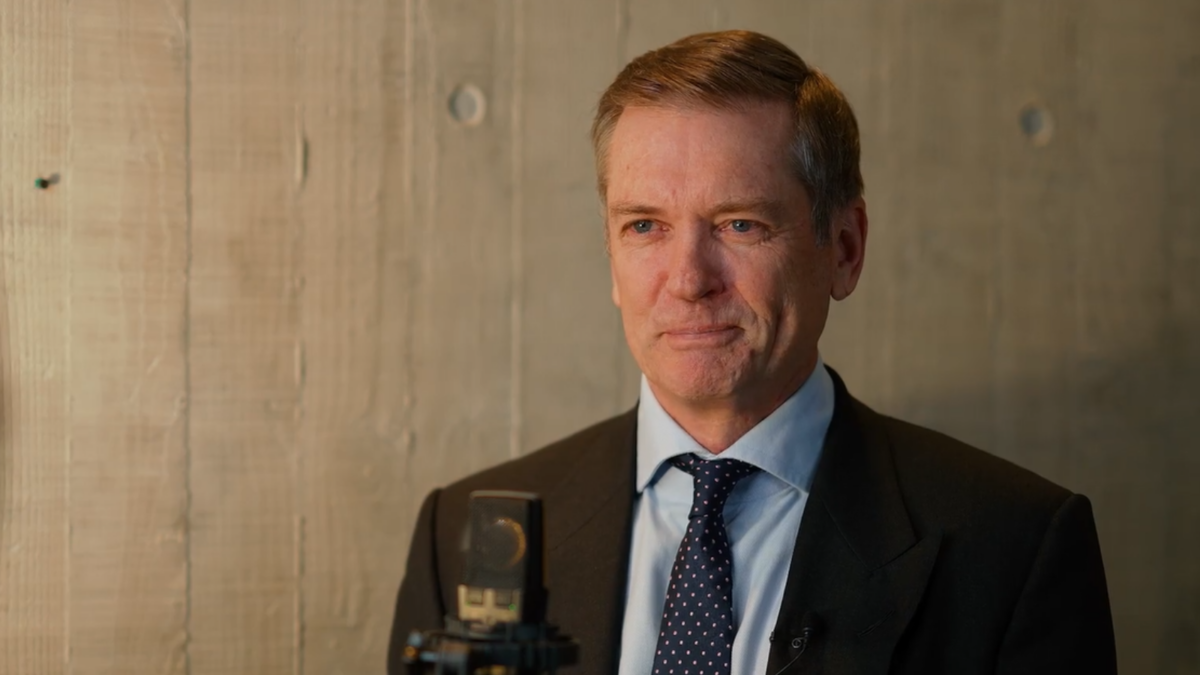Ripoll: FoFA righted the ship, but QAR is right for its time
When the Federal Government released the final report of the Quality of Advice Review early this year, the usual suspects were queuing up to claim that implementing it would be the end of the advice world as we know it.
In the words of CHOICE CEO Alan Kirkland, “If the government removes the best interest duty as proposed in this report, we’ll go back to the bad old days that allowed scandals like those involving Commonwealth Financial Planning and Storm Financial to occur.” Financial Counselling Australia CEO Fiona Guthrie and Consumer Action Law Centre CEO Gerard Brody were on the same wavelength, bemoaning the watering down of the best interest duty.
But notable by his absence in joining this cacophony of criticism was Bernie Ripoll, the former Labor parliamentarian who chaired the Parliamentary Joint Committee on Corporations and Financial Services Inquiry into financial products and services in 2009.
It turns out Ripoll is far more sanguine about the review’s recommendations.
In adopting this approach, he is not in lockstep with some of his former and current Labor parliamentarians. Many are extremely wary about pulling back the best interest duty and splitting advice between the professional adviser and a new class of customer service agent offering limited personal advice. They take the consumer protection line that it will once again open the door to the scandals exposed in the 2019 Financial Services Royal Commission’s damning report.
Ripoll begs to differ, arguing that Australia’s consumer protection laws are stronger and more comprehensive now than any other comparable jurisdiction.
“It’s often forgotten just how far this industry has come and how much change has taken place,” Ripoll tells The Inside Adviser. “Before the parliamentary inquiry that led to the FOFA reforms becoming law in 2012, many of its practitioners were former door-to-door life insurance salesmen. The legislative architecture to protect consumers was sadly lacking. That is no longer the case.
Time to revisit
“Back then, it was an industry rife with poor practices,” Ripoll continues. “When Storm Financial imploded in 2009 with a client list of more than 14,000 (of which 3,000 were leveraged), triggering our parliamentary inquiry, it was just the straw that broke the camel’s back. There was no shortage of similar disasters such as those in managed investment schemes, or, more specifically, Opes Prime, which went under in 2008.
“To my mind, FOFA righted the ship and got the balance right between protecting consumers and allowing for the industry to adapt on its path to professionalise. The three over-arching goals were to protect the consumer, change the culture of the advice industry, and put it on a professional footing. We have largely achieved that, and many subsequent reforms and new obligations have added more ballast. It’s now timely to revisit the past decade and look at hope the industry can help more ordinary Australians access quality affordable advice.
“Although I wouldn’t claim financial advice is a profession yet, it’s certainly on track to become one. At the same time, I think we got the balance right between protecting the consumer and having a commercially viable financial advice industry. It’s never black or white but shades of grey in terms of making big changes that have profound impacts on the consumer and industry.”
Today, 14 years after the parliamentary inquiry he chaired handed down its recommendations, Ripoll argues that the latest review has struck the right balance on consumer protections while attempting to open up financial advice to a far bigger market.
“The advice sector has moved on and made many changes. Consumer protections can never be neglected, but we need to be acutely aware of the need to expand advice beyond the privileged few who can afford it today. This is what I think (review chair Michelle) Levy has attempted to do – to genuinely seek a balance between making financial advice affordable and ensuring we maintain consumer protections.
“This is why I am supportive of recommendations that lay the foundations for the large superannuation funds, insurers, and banks to play a far bigger role in the provision of advice. They have enormous client bases, many of whom could benefit from affordable advice, making them ideally placed to provide incidental, simple, and limited advice to clients under the ‘good advice’ proposal.
“For superannuation funds, it will allow to better meet their existing duties, including their retirement income covenant. Provided the safeguards are in place, and I believe they are, then there’s no reason to deny access to quality advice.”
Step in the right direction
“The other transformative change since the FOFA reforms is, of course, technology,” he says. Ripoll is a director of digital advice platform Otivo, a self-directed digital advice platform.
“Digital advice that is both affordable and widely available has the potential to dramatically change the way advice is delivered en masse. Younger people, in particular, are far more receptive to getting information on their devices, and I see no reason why this can’t extend to financial advice. It will also open a new market for advisers who opt to go down this path.”
Ripoll has left a sizeable footprint on the advice industry. It’s no exaggeration the parliamentary report handed down in 2009 shook the industry to its foundations. It’s a legacy of which he’s proud, but not so proud to appreciate that as times change, so must the industry and the legislative framework that underpins it.
“In 2009, consumer protection and changing the advice industry’s culture were paramount. Today, it’s giving more consumers access to advice – and Levy’s review is an important step in that direction.”










